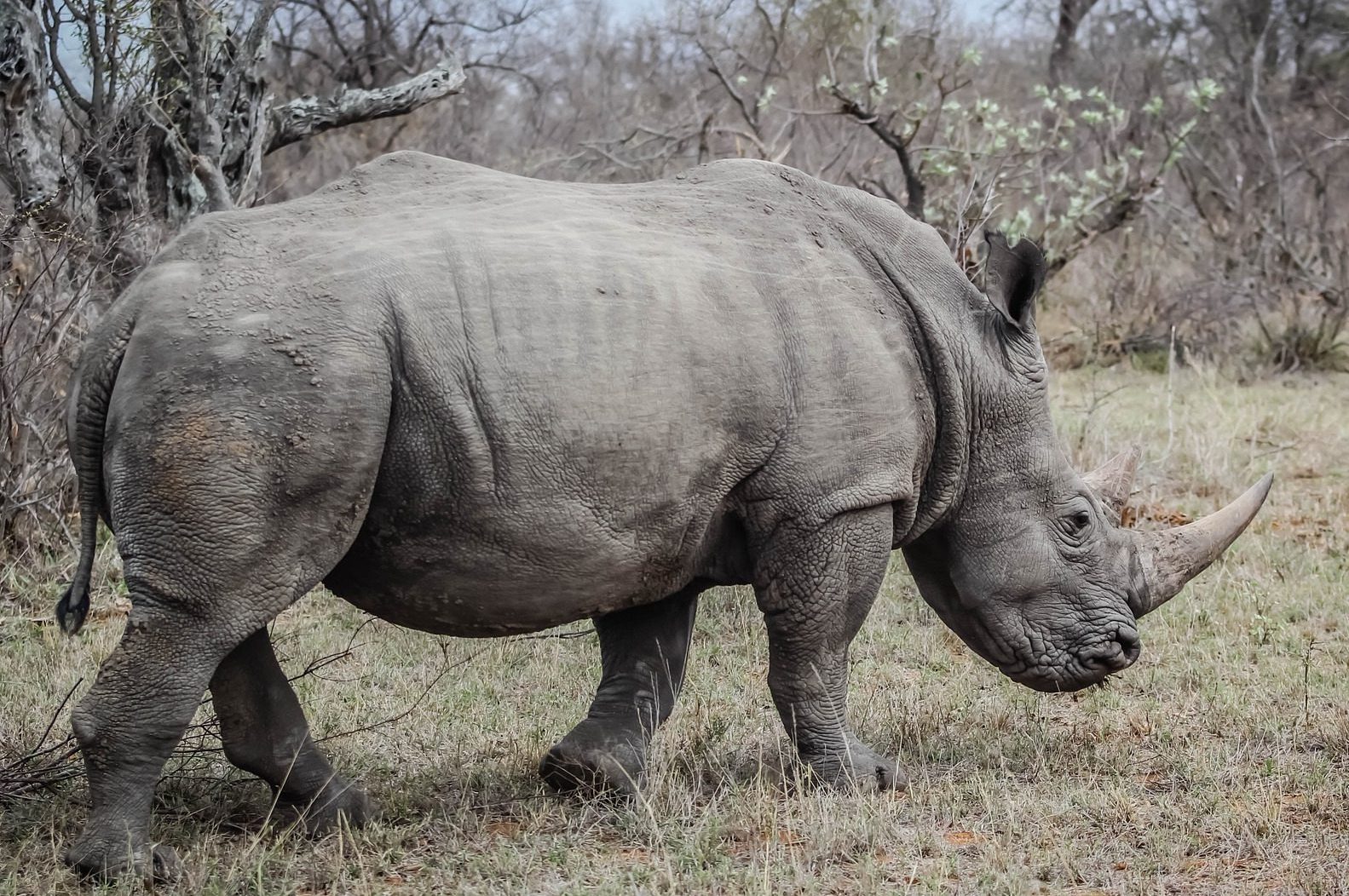Research by Kent experts has found a small but growing amount of illegal wildlife trade on the dark web, posing a new challenge to law enforcement agencies attempting to clamp down on this practice.
Dr David Roberts from DICE and Dr Julio Hernandez-Castro from the School of Computing have spent the last year analysing the dark web to monitor how it is being used for the trade of illegal wildlife items. They found the majority of illegal wildlife items being traded are ‘bycatch’, whereby the wildlife element of the product is incidental to the reason the items are being bought and sold on the dark web. Popular items on the dark web like this are cacti that are traded for their hallucinogenic properties and high-end counterfeit products, such as fake Chanel handbags, that contain reptile skin.
However, during their monitoring the researchers also started to see evidence of sellers beginning to offer illegal wildlife products. One notable example was a collection of rhino horns being sold via a dark web market called Alphabay. The vendor had previously only focused on selling prescription drugs, but in August 2016 began offering rhino horns and tusks.
The researchers determined that the items are most likely genuine based on the information posted, although they noted that on two occasions they found the images being used had originally come from US Fish and Wildlife Service press releases. It is therefore unclear if these are sting operations or merely use of ‘stock’ images. Another seller appears to have become active since January and has a high number of illegal wildlife items on offer, including a black rhino horn, an elephant tusk, an ivory statue and an ivory case. As yet, the items remain unsold.
The researchers also found another seller that they believe to be either a scam, or more likely an undercover journalist group, offering a case of rhino horns. Despite this small but growing evidence of illegal wildlife trade on the dark web, Dr Roberts and Dr Hernandez-Castro say it seems likely that most criminals engaged in selling items of this nature are on the public web as enforcement against these activities remains inadequate. Furthermore, of those that are selling illegal wildlife items on the dark web, it seems likely they are doing so because they are engaged in other illegal activities, such as the sale of prescription drugs, and so do not want a ‘surface web’ presence.
However, the researchers have cautioned against sting operations by journalists or conservationists on the ‘surface web’, as this could send more illegal wildlife sellers to the dark web where it becomes much harder for law enforcement to take action. The findings were published in the latest issue of Oryx, in an article titled Bycatch and illegal wildlife trade on the dark web.
The findings come at the same time as a report from experts at Interpol’s Global Complex for Innovation that also found limited, but clear, evidence of criminals using the dark web to sell illicit wildlife items from endangered species such as rhino horn, elephant ivory and tiger parts and products.

